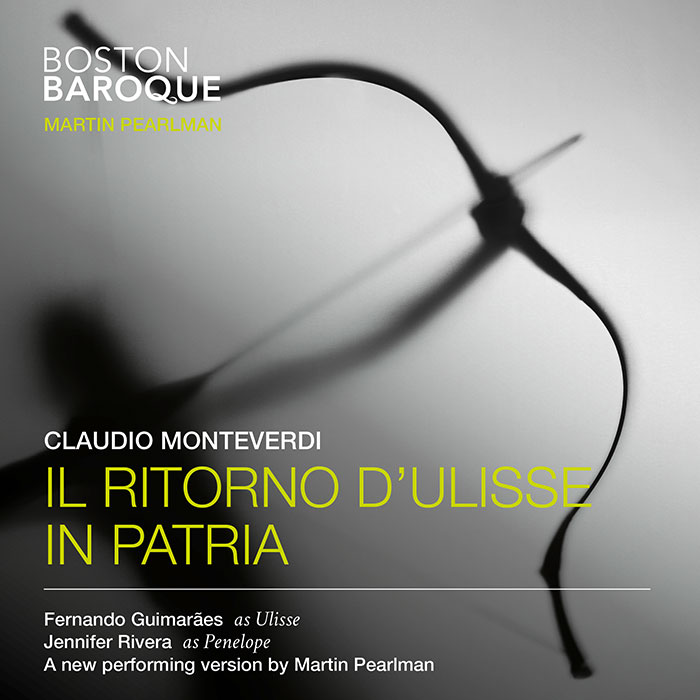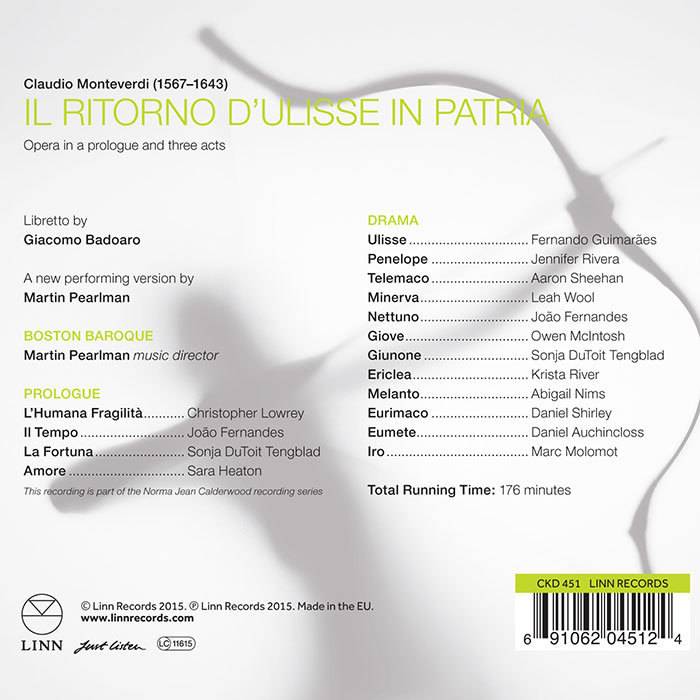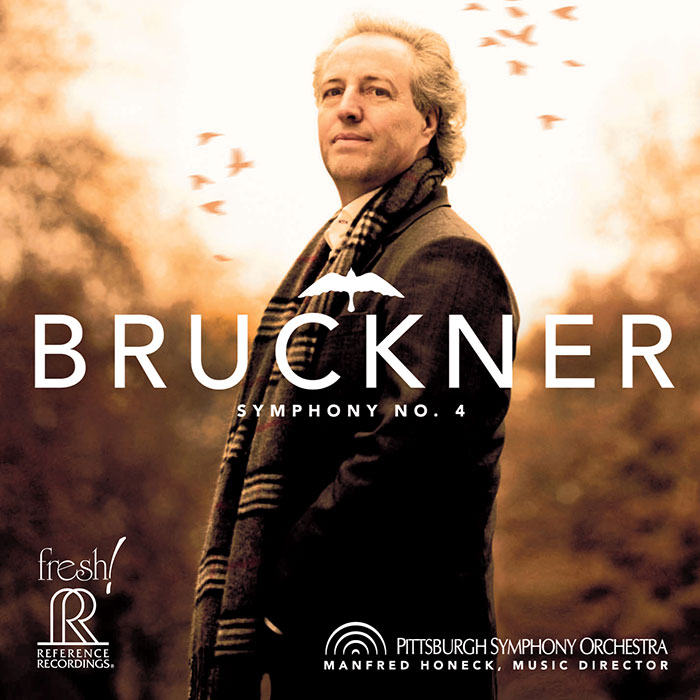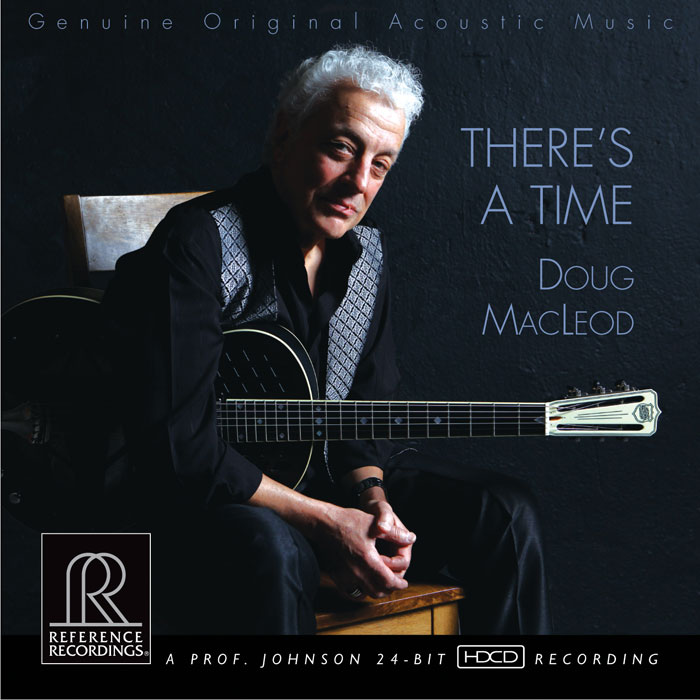Logowanie
OSTATNI taki wybór na świecie
Nancy Wilson, Peggy Lee, Bobby Darin, Julie London, Dinah Washington, Ella Fitzgerald, Lou Rawls
Diamond Voices of the Fifties - vol. 2
Tylko 1000 egzemplarzy!!!
DVORAK, BEETHOVEN, Boris Koutzen, Royal Classic Symphonica
Symfonie nr. 9 / Wellingtons Sieg Op.91
nowa seria: Nature and Music - nagranie w pełni analogowe
Petra Rosa, Eddie C.
Celebrating the art and spirit of music - vol. 3 - Pure
warm sophisticated voice...
Peggy Lee, Doris Day, Julie London, Dinah Shore, Dakota Station
Diamond Voices of the fifthies
Tylko 1000 egzemplarzy!!!
SAMPLER - STS DIGITAL, Buddy Tate, Milt Buckner, Walace Bishop
Jazz Masters - Legendary Jazz Recordings - v. 1
proszę pokazać mi drugą taką płytę na świecie!
Chesky! Niezmiennie perfekcyjny
Winylowy niezbędnik
ClearAudio
Double Matrix Professional - Sonic
najbardziej inteligentna i skuteczna pralka do płyt winylowych wszelkiego typu - całkowicie automatyczna
MONTEVERDI, Boston Baroque, Martin Pearlman
Il ritorno d’Ulisse in patria

- Boston Baroque - orchestra
- Martin Pearlman - conductor
- MONTEVERDI
‘The singing throughout was excellent…Kudos to Boston Baroque for attempting this and largely bringing it off.’ Boston Globe ‘The Boston Baroque players achieve superb clarity of texture, performing with exceptional technical adroitness.’ Opera News • Il ritorno d’Ulisse is unquestionably one of the three pillars that place Monteverdi among the greatest of opera composers; this recording marks the premiere of a new performing version by Martin Pearlman. • Portuguese tenor and baroque specialist Fernando Guimarães stars in the title role, alongside the internationally renowned mezzo-soprano Jennifer Rivera as his loving wife Penelope. • Il ritorno d’Ulisse was a relatively recent discovery, but following its authentication in the 1950s and revivals in Vienna and Glyndebourne, the opera has enjoyed new found popularity. • Martin Pearlman’s new performing version benefits from the same attention to detail that has ensured his reputation as a leading champion of period performance. His highly considered approach to all aspects of the score and performance ensure this version is true to Monteverdi’s original vision. • With a libretto drawing from Homer’s Odyssey, Il ritorno d’Ulisse is a riveting human drama with an enviable cast including: Abigail Nims (Melanto), Daniel Auchincloss (Eumaeus), Sonja DuToit Tengblad (Juno), Ulysses Thomas (Antinous), and Marc Molomot (Irus). *** • Founded in 1973 by Martin Pearlman, Boston Baroque is already familiar to an international audience with its critically acclaimed catalogue of recordings. • The three-time Grammy-nominated ensemble is widely regarded as ‘one of the world’s premier period-instruments bands’ (Fanfare). • Boston Baroque's recordings - of which Fanfare magazine wrote ‘each one is an incomparable gem’ - are heard by millions on classical radio stations in North America and Europe. • Boston Baroque's many career milestones include the American premiere of Rameau's Zoroastre; a Mozart opera series, and the American period-instrument premieres of Mozart's Don Giovanni and The Magic Flute; and a revelatory exploration of the Beethoven symphonies on period instruments.

































